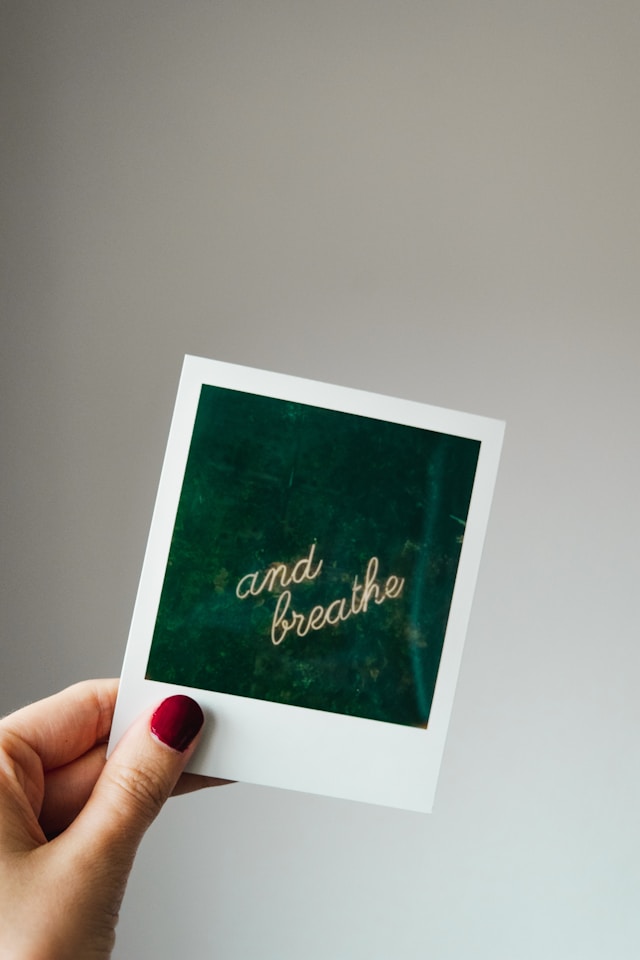 The good news is that anxiety and panic attacks are manageable with the right treatment. Here are some strategies to help you cope:
The good news is that anxiety and panic attacks are manageable with the right treatment. Here are some strategies to help you cope:
- Therapy
Cognitive-behavioral therapy (CBT) is one of the most effective forms of therapy for both anxiety and panic attacks. CBT helps you identify negative thought patterns that contribute to anxiety and teaches you how to reframe those thoughts to reduce your worry. It can also provide practical tools to manage the physical symptoms of panic attacks, such as deep breathing and grounding techniques.
- Medication
For some people, medication can be an essential part of managing anxiety and panic attacks. Antidepressants, such as selective serotonin reuptake inhibitors (SSRIs), are commonly prescribed for long-term anxiety management. In some cases, anti-anxiety medications (benzodiazepines) may be prescribed to manage acute symptoms of anxiety or panic attacks. Always consult a healthcare provider to determine the best course of treatment.
- Breathing and Relaxation Techniques
Learning how to control your breath can be a game-changer during moments of anxiety or panic. Deep breathing exercises, such as the 4-7-8 technique or diaphragmatic breathing, can help calm your nervous system. Progressive muscle relaxation (PMR), where you tense and then relax different muscle groups, can also ease tension in your body.
- Lifestyle Adjustments
Exercise, a balanced diet, and quality sleep are crucial for maintaining mental health. Physical activity, such as walking, yoga, or swimming, can help reduce stress and increase the production of mood-boosting endorphins. Additionally, reducing caffeine or alcohol consumption can help lessen anxiety symptoms.
- Support Systems
Talking to friends, family, or a support group can make a big difference. Sometimes, just knowing that you’re not alone can ease your anxiety. Having someone to listen, share your experiences with, or offer guidance can be incredibly helpful.
- Mindfulness and Meditation
Mindfulness practices, such as meditation and mindfulness-based stress reduction (MBSR), can teach you to live in the present moment rather than ruminating on past events or worrying about the future. Apps like Headspace or Calm can be helpful for guided meditation sessions.
When to Seek Professional Help
If your anxiety or panic attacks are interfering with your daily life or causing distress, it’s important to seek help from a healthcare professional. A therapist, psychiatrist, or psychiatric nurse practitioner can help you explore treatment options and create a tailored plan to manage your anxiety. With the right support, you don’t have to face anxiety or panic attacks alone.
Anxiety and panic attacks are challenging experiences, but they don’t define who you are. Understanding these conditions and recognizing that help is available is the first step toward feeling better. By combining therapy, medication, lifestyle changes, and self-care techniques, you can take back control and reduce the impact anxiety and panic attacks have on your life. You deserve to feel at ease and confident in managing your mental health — don’t hesitate to seek support when you need it.


